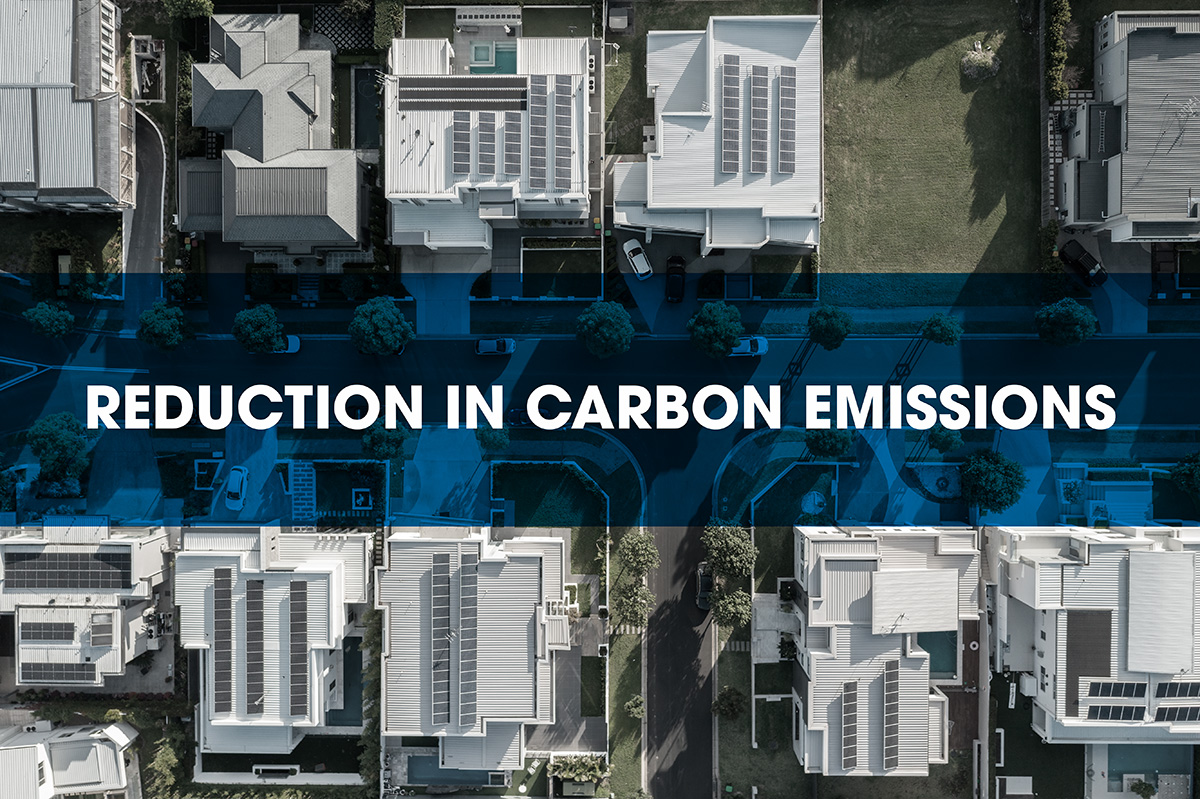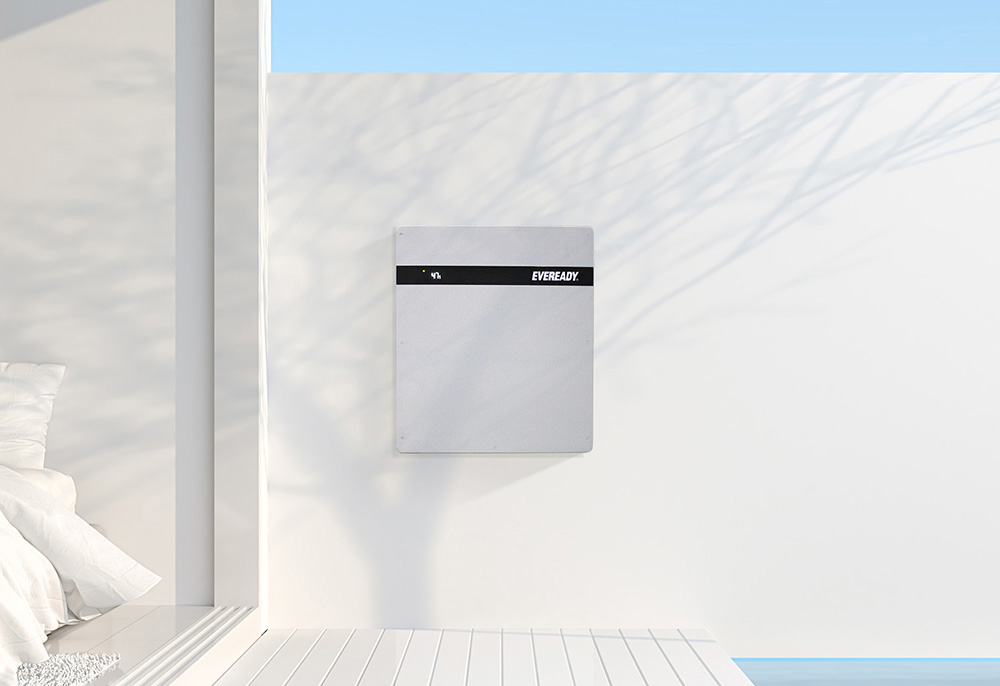In recent years, solar battery systems have emerged as a game-changer in the renewable energy landscape, allowing homeowners to store excess solar energy for later use. But have you ever wondered what happens when your solar battery is full? In this blog, we will delve into the fascinating world of solar batteries, exploring their benefits to your home energy management and the limitations you should be aware of.
Understanding Solar Battery Systems
A solar battery system, also known as a solar storage system, works in conjunction with your solar panels to store surplus energy generated during peak sunlight hours. Instead of sending this excess electricity back to the grid, it is stored in the battery for later use, typically during periods of low solar production, such as at night or during cloudy days.
Benefits of a Full Solar Battery
Energy Independence
One of the primary advantages of having a full solar battery is achieving a greater degree of energy independence. By storing surplus energy, you become less reliant on the grid and can rely more on your solar system, reducing your electricity bills and the impact of power outages.
Peak Time Energy Savings
Solar batteries allow you to capitalise on time-of-use electricity rates. Electricity prices can surge during peak hours when the grid’s energy demand is high. With a full solar battery, you can draw upon the stored energy instead of purchasing expensive electricity from the grid, saving you money in the long run.
Emergency Power Backup
A fully charged solar battery can be a reliable backup power source in regions prone to power outages. During blackouts, the battery system can automatically switch on, providing electricity to essential appliances and ensuring comfort, safety, and convenience for you and your family.
Environmental Benefits
Optimising your solar battery usage means reducing your reliance on fossil fuels and lowering your carbon footprint. Using stored solar energy during peak demand times contributes to a cleaner and greener environment, helping combat climate change.
Limitations of a Full Solar Battery
Limited Storage Capacity
One of the main limitations of solar batteries is their storage capacity. Batteries are designed to store a certain amount of energy, and if you consistently generate more solar energy than your battery can hold, the excess will still be sent back to the grid.
Cost Considerations
While solar technology and battery storage costs have been declining steadily, solar batteries can still represent a significant investment. It’s essential to weigh the upfront costs against the potential savings and benefits over the system’s lifespan.
Efficiency Loss
No battery system is 100% efficient, and there will always be some energy loss during the charging and discharging process. While the efficiency of solar batteries has improved over the years, it’s crucial to understand the system’s overall efficiency to manage your expectations effectively.
Maintenance and Lifespan
Solar batteries have a finite lifespan and require proper maintenance to ensure optimal performance. Understanding your chosen solar battery system’s maintenance requirements and expected lifespan is essential for long-term planning.
A full solar battery offers numerous benefits, including enhanced energy independence, peak time savings, and reliable backup power during emergencies. You can positively impact your energy bills and the environment by harnessing the sun’s power and efficiently managing your solar battery system.
However, it’s essential to be aware of what happens when your solar battery is full and of the limitations associated with solar batteries. These include, their storage capacity, initial investment, efficiency loss, and maintenance requirements. By carefully evaluating these factors, you can make an informed decision about implementing a solar battery system that best meets your needs and aligns with your sustainable energy goals.
Embrace the power of solar energy and smart battery management, and you’ll be well on your way to a greener, more sustainable future for your home and the planet.
The Solar Battery Group team is here to help and support you with all of your solar battery needs and enquiries, so feel free to reach out to us here.













